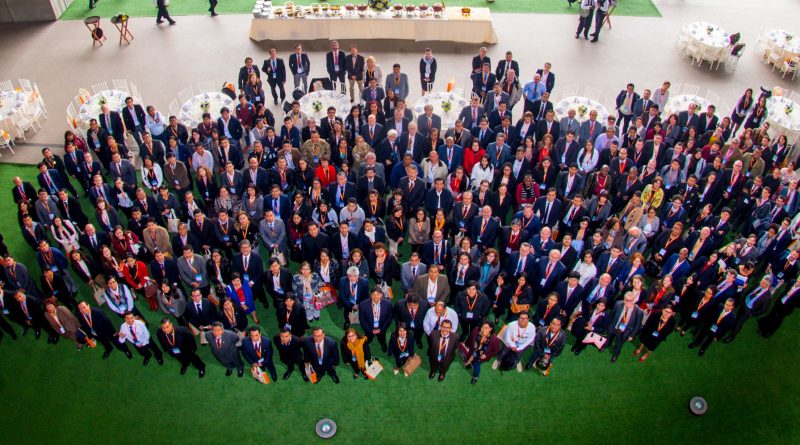Modernizing crime statistics. Better data, less crime
June 6th marked the end of the 4th International Conference on Governance, Crime and Justice Statistics. The event gathered members of the National Statistical Offices, governmental and academic institutions and international organizations from 35 countries who discussed how to modernize crime and criminal justice statistical systems. This fourth edition presented methodologies to measure criminal phenomena of national, regional and global significance, answering questions such as: how to measure violence against women? How to quantify corruption? How to estimate transnational organized crime in Africa? How to size the illicit drug market? How to improve the compilation of data on violence against children? Does cryptocurrency facilitate money laundering and how difficult is it for governments to monitor it? What type of information system is best to confront wildlife poaching?
The knowledge exchanged during the Conference contributes to monitoring the indicators of the Sustainable Development Goals related to crime, corruption, violence, access to justice and the Rule of Law. The formal and informal dialogue between the experts helped to reinforce the international comparability of data and facilitate the use of this information for the analysis and formulation of public policies. The Conference also promoted the importance of reliable, timely and precise data on governance, security and justice.
The Conference was organized by the United Nations Office on Drugs and Crime (UNODC) and the Center of Excellence in Statistical Information on Government, Crime, Victimization and Justice based in Mexico City, as well as receiving the great support and hospitality of the National Institute of Statistics and Information (INEI) of Peru. Other partners to the Conference included the Inter-American Development Bank, the InfoSegura Project from the United Nations Development Program and the Organization for Economic Co-operation and Development.



